Dr. Jill Health® – Monolaurin C 120 caps
$37.55
Monolaurin C is an encapsulated formula of monolaurin (glycerol monolaurate), a form of lauric acid, which is the predominant fatty acid in coconut and palm kernel oils and is also present in human breast milk (as 3.5% to 6.6% of the total calories). This product is designed to offer potent support for immune health without adverse effects on the beneficial intestinal flora. It contains vitamin C for added immune support and sunflower lecithin to enhance the absorption of the monolaurin.*

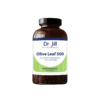
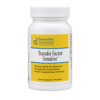
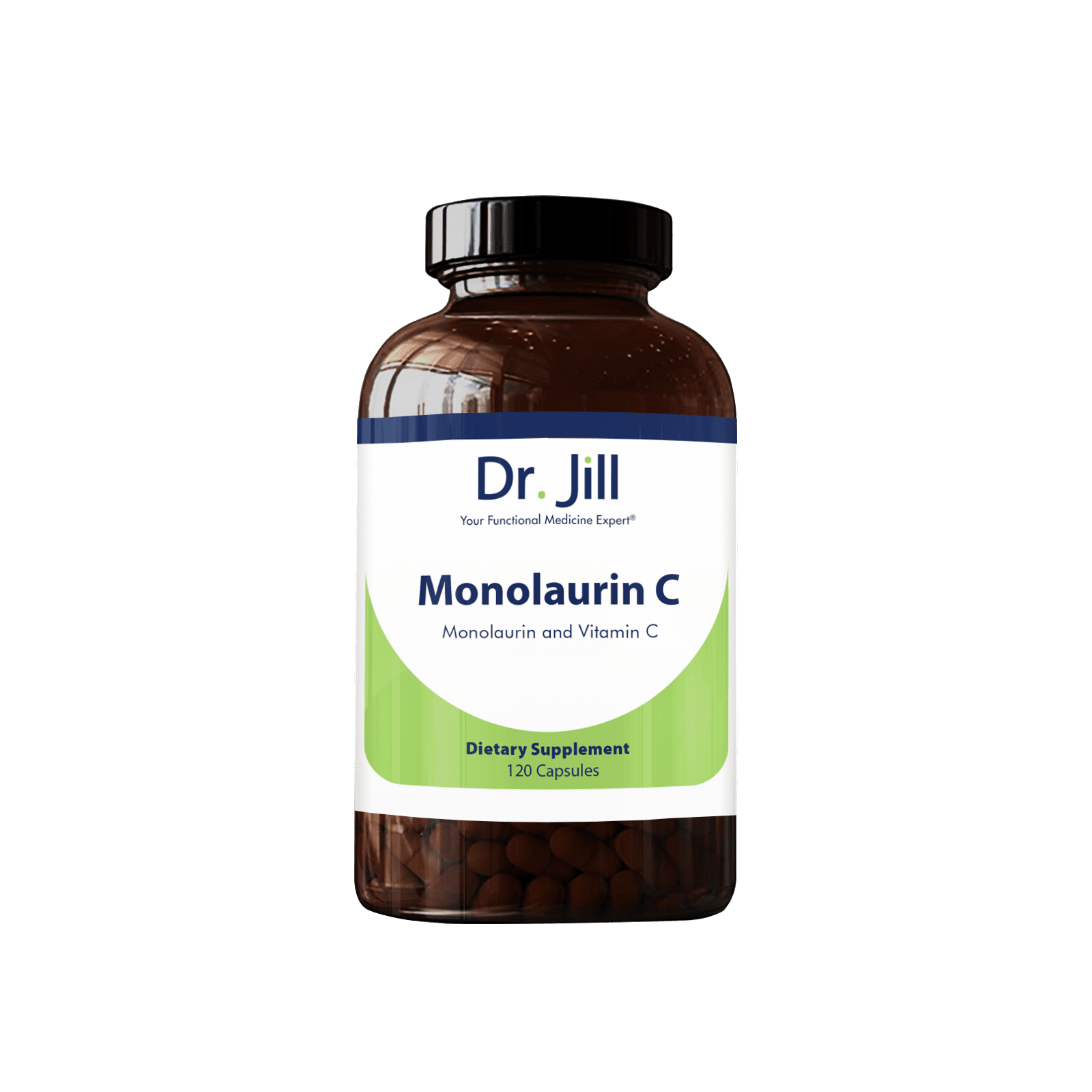
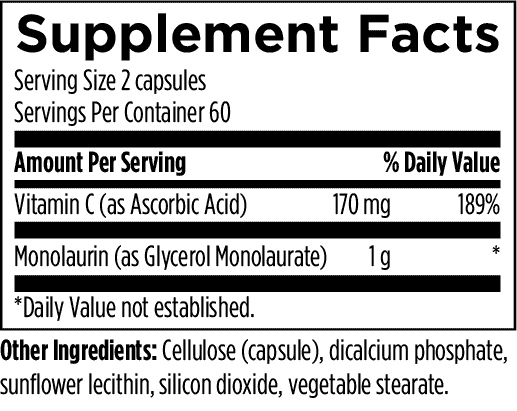
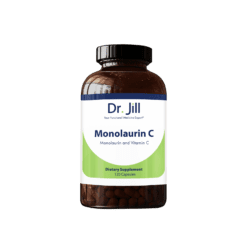
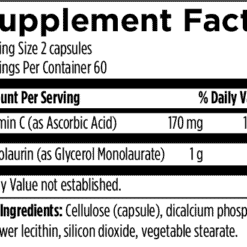
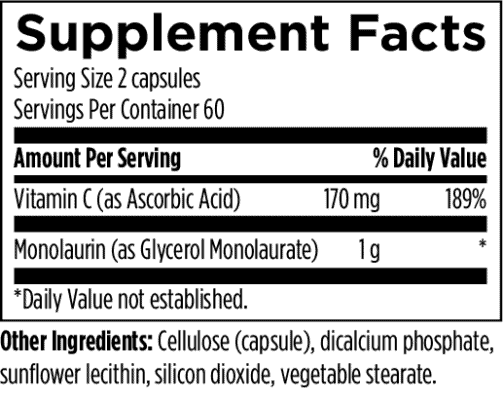
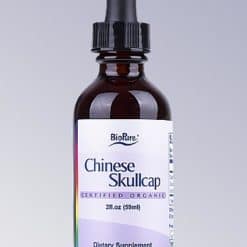
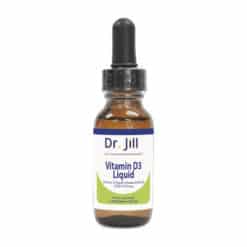
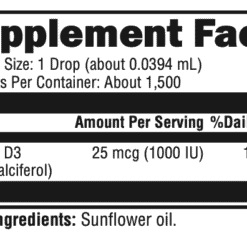
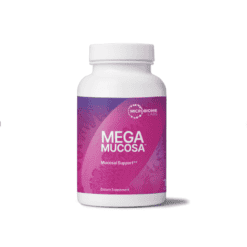
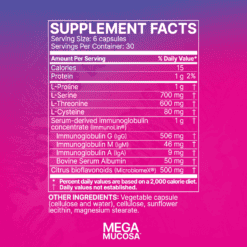
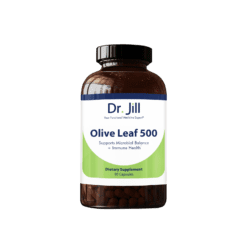
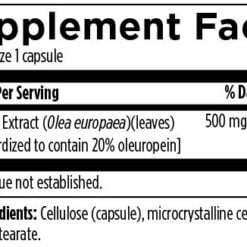
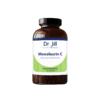
Reviews
There are no reviews yet.